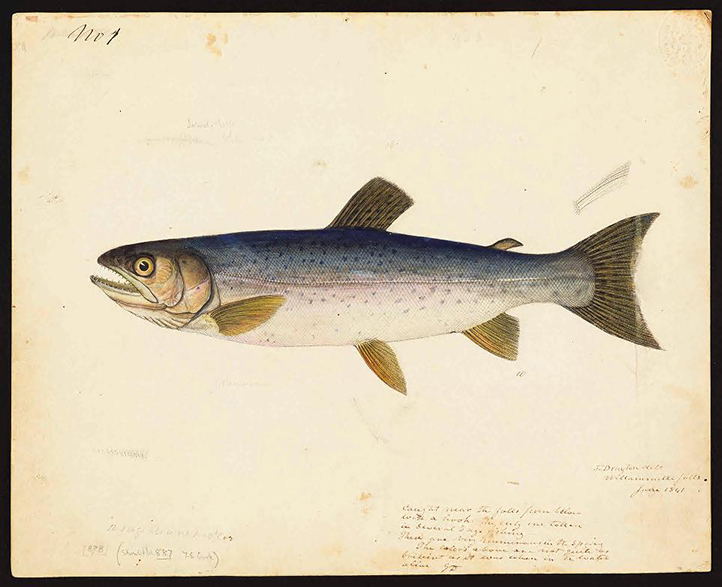Limited Emergency Relief Funding for CLIR Grant Recipients
An opportunity for recipients of active Recordings at Risk and Digitizing Hidden Collections grants to apply for supplemental funding to address needs arising from the COVID-19 pandemic. Applications are now closed.
Funding Guidelines
Emergency Relief awards are intended to cover costs related to major grant activities (such as the reformatting of materials proposed for digitization, the creation of metadata for these materials, or other means of facilitating access to the digital files created) rather than costs of new or supplemental activities (such as the digitization of new collections outside the original project scope, conference participation, system upgrades, website redesign, or online exhibit creation).
Funds should be applied to the completion of previously approved primary grant activities (digital reformatting, metadata creation, and/or other means of facilitating access to digital files).

Criteria
While all active recipients are eligible, those in the final phases of projects will be prioritized for supplemental funding. Generally speaking, Recordings at Risk recipients in the final phases of project work would have six months or less remaining in their grant terms, and Digitizing Hidden Collections recipients in the final phases of project work would have twelve months or less remaining in their grant terms.
No more than one Emergency Relief award will be given per project. Multiple requests from the same institution for different projects (for example, one request for a Digitizing Hidden Collections project and one request for a Recordings at Risk project) will be considered but will be subject to greater scrutiny in the interest of serving the maximum number of recipient institutions.
Funding Limits
Digitizing Hidden Collections recipients may request up to $7500
Recordings at Risk recipients may request up to $3000
Eligible expenses
Eligible expenses include, but are not limited to:
- Safety equipment and/or supplies (masks, barriers, gloves, etc.) necessary to support safe in-person work on the project;
- Wages/salaries for student workers or contractors;
- Salaries and benefits for staff needed to complete project work;
- Equipment described in the original proposal that would have been purchased by the institution as a shared cost supporting the project but which can no longer be purchased by the institution due to budgetary policy changes arising from the pandemic; and
- Technology or logistical services (wifi hotspots, shipping of collections or equipment, etc.) vital for the support of remote work.
Application Components
The application process is designed to be lightweight and will look familiar to anyone who’s completed our grant modification process. Applicants will provide the following:
- Project and contact details
- A narrative (up to 2 pages, pdf format only) describing the need for additional funds due to the effects of the pandemic and justification for the budget
- An updated financial report that includes originally budgeted expenses, current actual expenses, and the proposed emergency funds. Want a walkthrough of each step? View the instructional guidelines and template, and make a copy to start drafting.
Review Criteria
The review process for the Emergency Relief Funding will be led by the CLIR Grants Team who will also make the funding decisions. Selection of recipients will be prioritized by the following criteria:
- The urgency of the need;
- The apparent lack of institutional resources to meet the need;
- The fitness of the request to the scope of the original grant; and,
- The unforeseeable nature of the need due to its tie to the global pandemic.
Apply Now
Notifications will be made November 30, 2020 and funds will be issued by mid-December.
More information
Additional resources for ongoing projects can be found on the recipient resources pages for Digitizing Hidden Collections and Recordings at Risk. If you have any questions or if you’d like to talk about possible project modifications related to the ongoing pandemic, get in touch with program staff at recordingsatrisk@clir.org or hiddencollections@clir.org.

